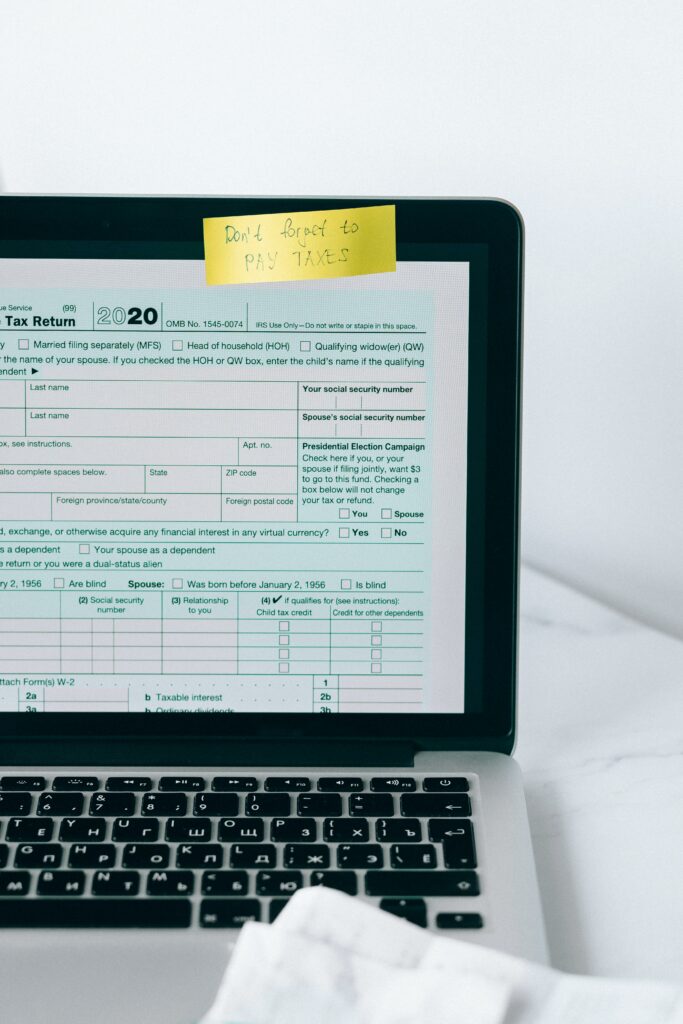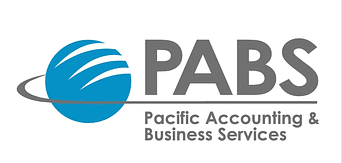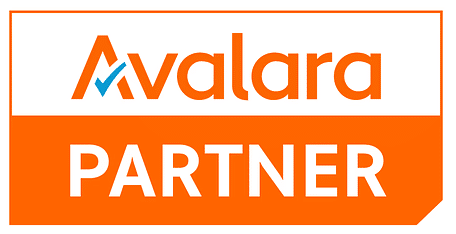Tax Tips For Small Business Owners
Have an Automated System for Recordkeeping
Understanding your business’s financial health is imperative as it helps you make sound business decisions and stay compliant with the IRS. Setting up an automated record keeping system can help ensure accuracy and save time for tax preparation. Consider using accounting software or hiring a professional bookkeeper to maintain your records. Below are some reasons why an expert can make your life a lot easier.
- Save time- When you own a small business, you want to focus your energy on growing it and serving your customers. Outsourcing your recordkeeping tasks to a professional allows you to do just that.
- Ensure accuracy- Professionals are trained to keep detailed records and stay up-to-date with tax laws. With their help, you can avoid costly mistakes and ensure accurate financial reporting.
- Expert advice– A professional bookkeeper can also provide valuable insights into your business’s financial health and recommend cost-saving measures.
Understand and Report all Business Expenses

Many small businesses fail because they don’t understand or haven’t taken the time to understand their expenses. To lower your taxable income, it’s crucial to keep detailed records of all business-related expenses and understand which ones are deductible. Some common deductions include:
- Home office– If you have a designated area in your home used exclusively for business, you may be able to deduct certain related expenses.
- Travel and meals – Expenses incurred while traveling for business purposes, such as transportation and lodging, can often be deducted. You may also be able to deduct a portion of meals eaten while on a business trip.
- Insurance premiums – Certain insurance premiums paid by small businesses, such as health or liability insurance, may be tax-deductible.
A tax professional can help you understand the intricate details of your business. Whether you own a hair salon or a consulting firm, keeping track of all expenses and seeking advice when needed is essential.
Know Which Tax Credits You Qualify For
- Small business health care credit—If you provide health insurance to your employees, you may be eligible for this credit, which can cover up to 50% of the insurance costs.
- Work opportunity tax credit—This credit provides a tax break to businesses that hire individuals from certain targeted groups, such as veterans or ex-felons.
- Retirement plan startup cost credit – Small businesses that start a retirement plan for their employees can receive a tax credit of up to $500 per year for three years.

Prepare Ahead of Time
- Stay organized—Keep detailed records of all your business transactions and expenses throughout the year. This will make tax preparation much smoother and help prevent missed deductions or credits. Important documents include bank statements, receipts, and invoices.
- Understand deadlines – It’s important to know key tax deadlines, such as when quarterly estimated taxes are due or when W-2 or 1099 forms need to be filed for employees or subcontractors.
- Plan for changes—During the year, businesses often experience changes, such as hiring new employees or purchasing new equipment. It’s important to consider these changes and how they may affect your tax situation.

Separating Business and Personal Finances
Seek Professional Help
Key Takeaways
- Small businesses need to understand their expenses and which ones are deductible to lower taxable income.
- It’s important to research and understand all available tax credits your small business may qualify for, as they can significantly reduce taxes owed.
- Staying organized and planning ahead can make tax preparation less stressful and ensure compliance with all legal obligations.
- Separating personal and business finances is crucial for proper tax reporting and avoiding potential audits.
- Seeking help from a professional tax and accounting expert can greatly benefit small businesses in managing their financial responsibilities.


FlexKeeper Can Help Small Business Owners With Taxes
Do you own a small business and want to make understanding your finances much easier? FlexKeeper offers online tax preparation and record keeping services specifically tailored to small businesses. Our team of experts can help you stay organized, maximize deductions and credits, and ensure compliance with all tax laws. Let us handle the financial side of your business so you can focus on what you do best…running your business! Contact us today to learn more about our services and how we can support your small business’s success!










